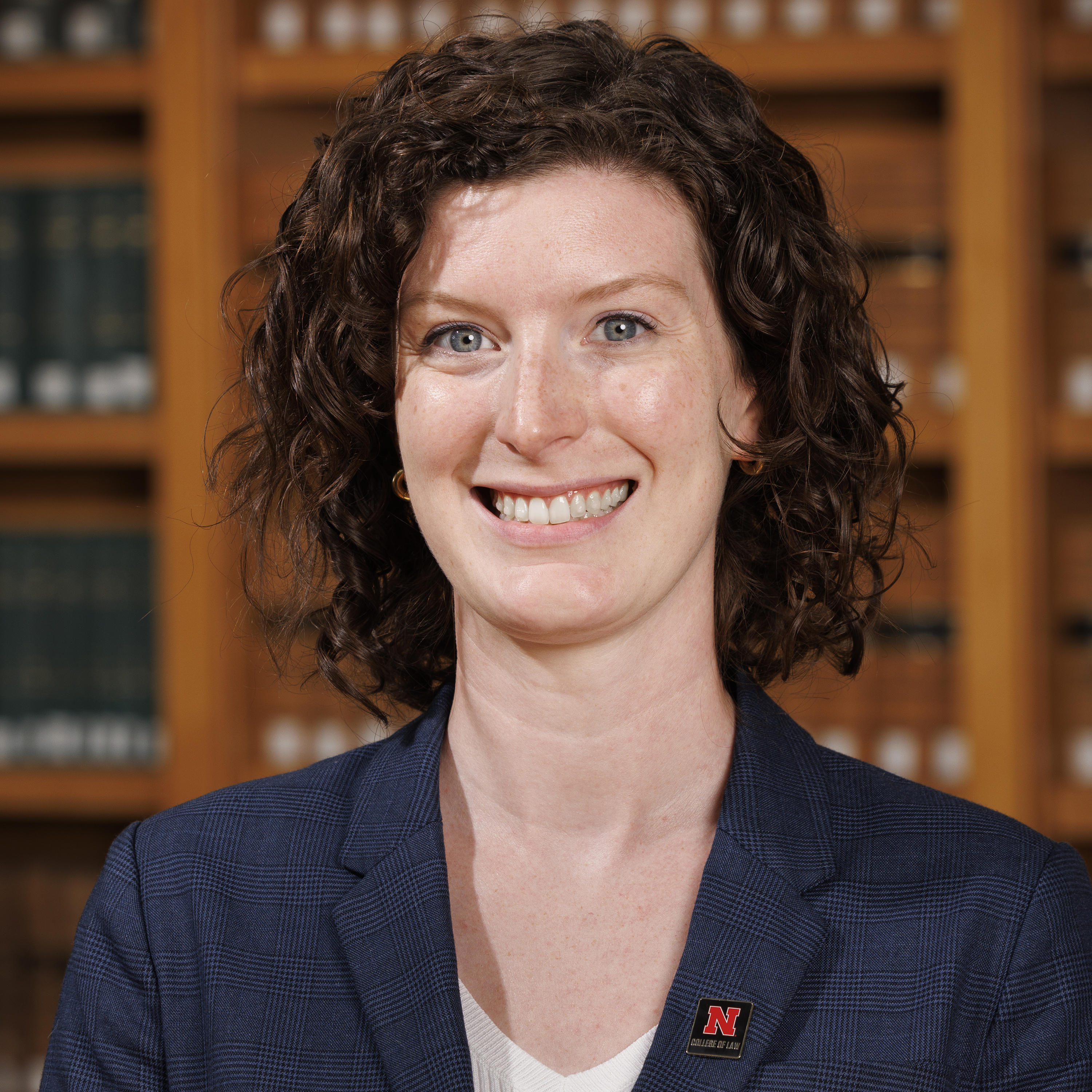
Elizabeth Cole
Lecturer and Director of the Innocence Clinic
Elizabeth (Liz) Cole joined the faculty in 2024 as the Director of the Innocence Clinic. Prior to joining the College of Law, she was the Clinical Teaching Fellow at the University of Michigan Law School's Michigan Innocence Clinic. She previously worked in criminal defense, both as a public defender and private counsel in the Pittsburgh PA area. During law school, Liz also interned for public defender offices in Baltimore MD and the greater Boston MA area, as well as for the Michigan Innocence Clinic.
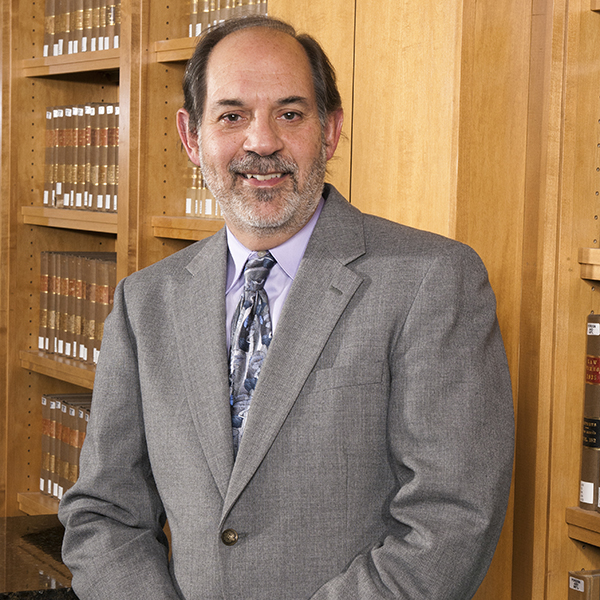
Richard L. Wiener
Professor of Psychology and Courtesy Professor of Law
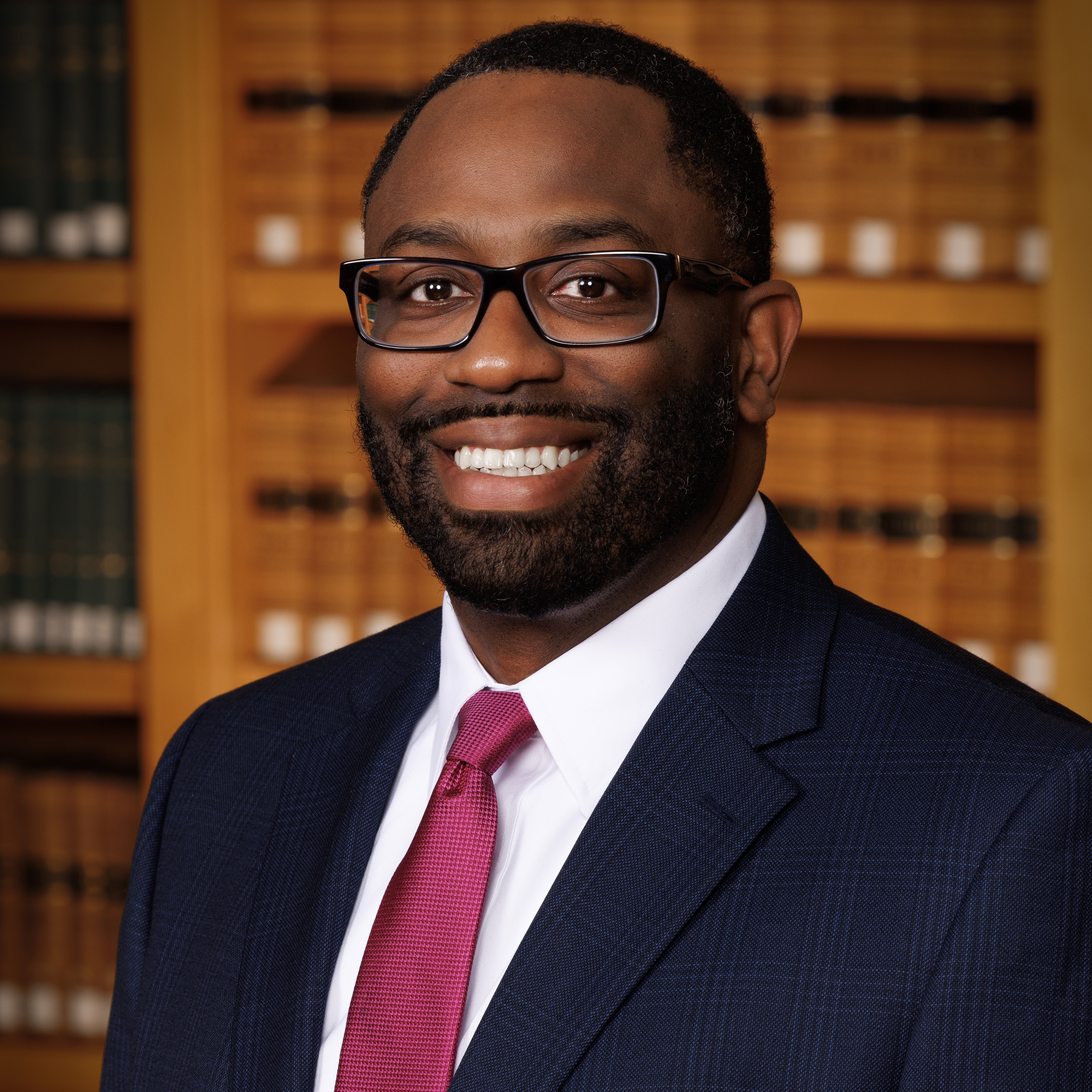
Korey T. Taylor
Assistant Professor of Law
Professor Korey Taylor joined the College of Law faculty in 2023. Prior to entering academia, Professor Taylor spent thirteen years as an Assistant Public Defender in Omaha, Nebraska and Orlando, Florida where he practiced in criminal and juvenile parental rights law, including thirty-five jury trials. He has previous corporate experience with Sidley Austin LLP, a top 20 international law firm, and Fortune 500 companies J.P. Morgan Chase, Medtronic and Johnson & Johnson. Professor Taylor is licensed to practice law in Texas, New York, Florida and Nebraska.
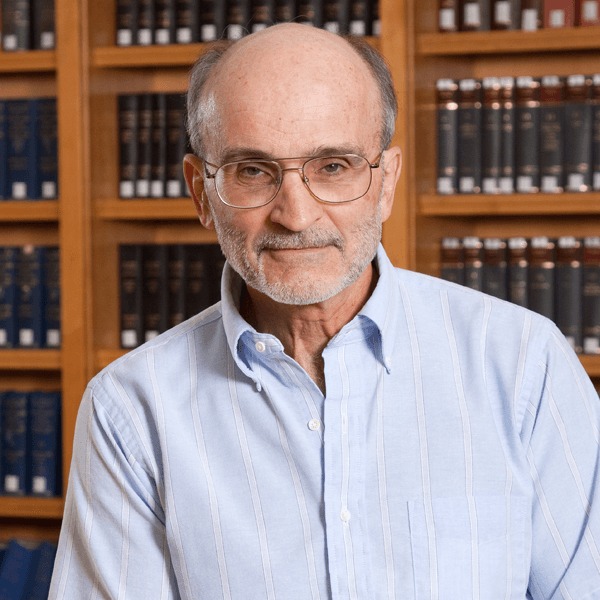
Robert Schopp
Robert J. Kutak Professor of Law Emeritus
Professor Schopp practiced clinical psychology before turning to the study of law and philosophy in an attempt to understand some perplexing issues that he encountered during ten years of clinical practice. So far, he remains perplexed, but he likes to think that he is perplexed in a deeper and more comprehensive manner. He joined the University of Nebraska College of Law in 1989 after completing the concurrent law/philosophy program at the University of Arizona. His primary areas of interest involve questions that lie at the intersection of law, psychology and philosophy.
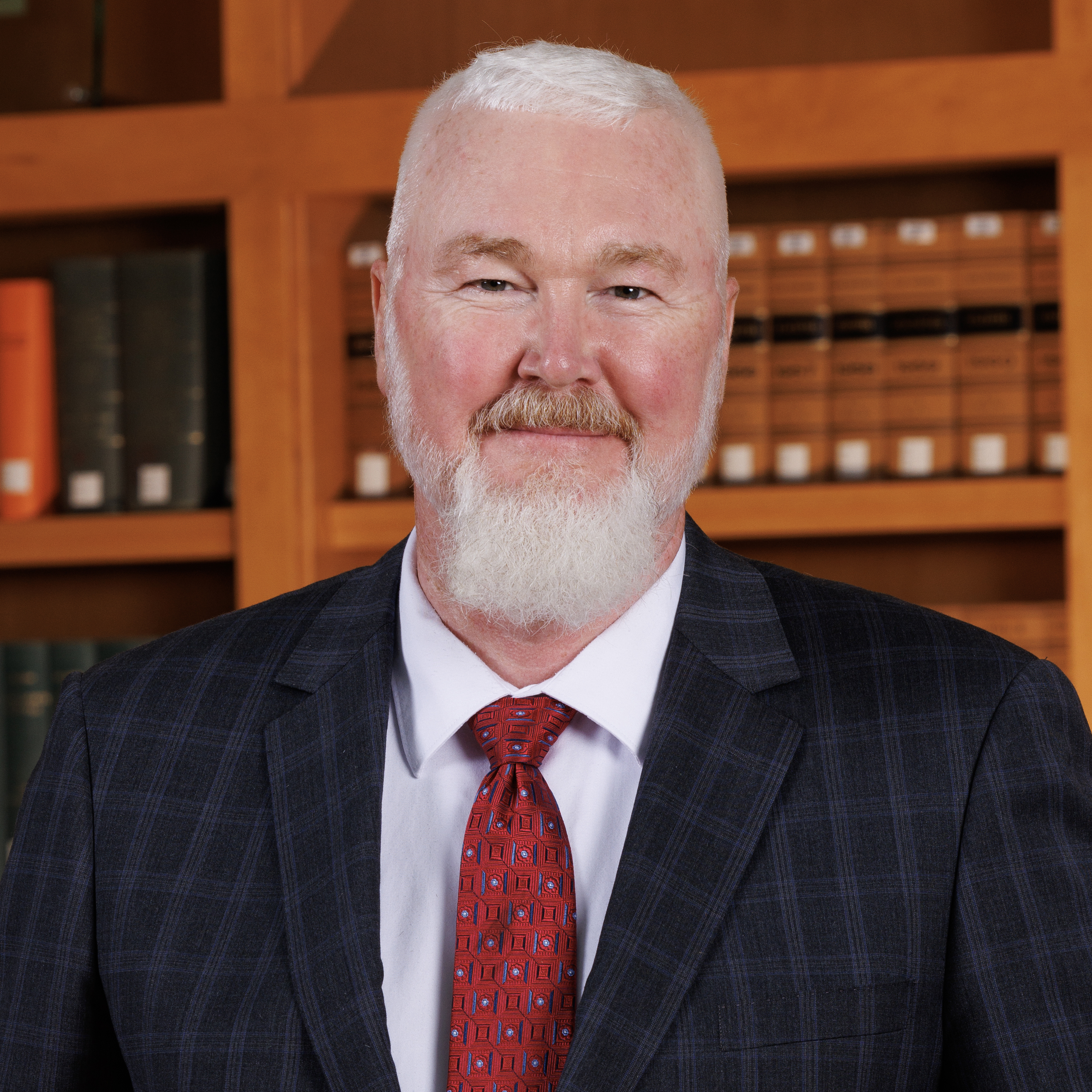
Steve Schmidt
Associate Professor of Law and Courtesy Associate Professor of Forensic Science

Michelle Paxton
Director of the Nebraska Children's Justice and Legal Advocacy Center
Michelle Paxton joined the College of Law in April, 2017 to create and lead the newest clinical program, the Children’s Justice Clinic. Ms. Paxton has served as the Director of Legal Training at University of Nebraska’s Center on Children, Families and the Law (CCFL). She develops curriculum and trains child welfare workers, probation officers, and mental health professionals on all aspects of juvenile court process and procedure in Nebraska. Ms. Paxton also receives Guardian ad Litem appointments from the Lancaster County Juvenile Court.
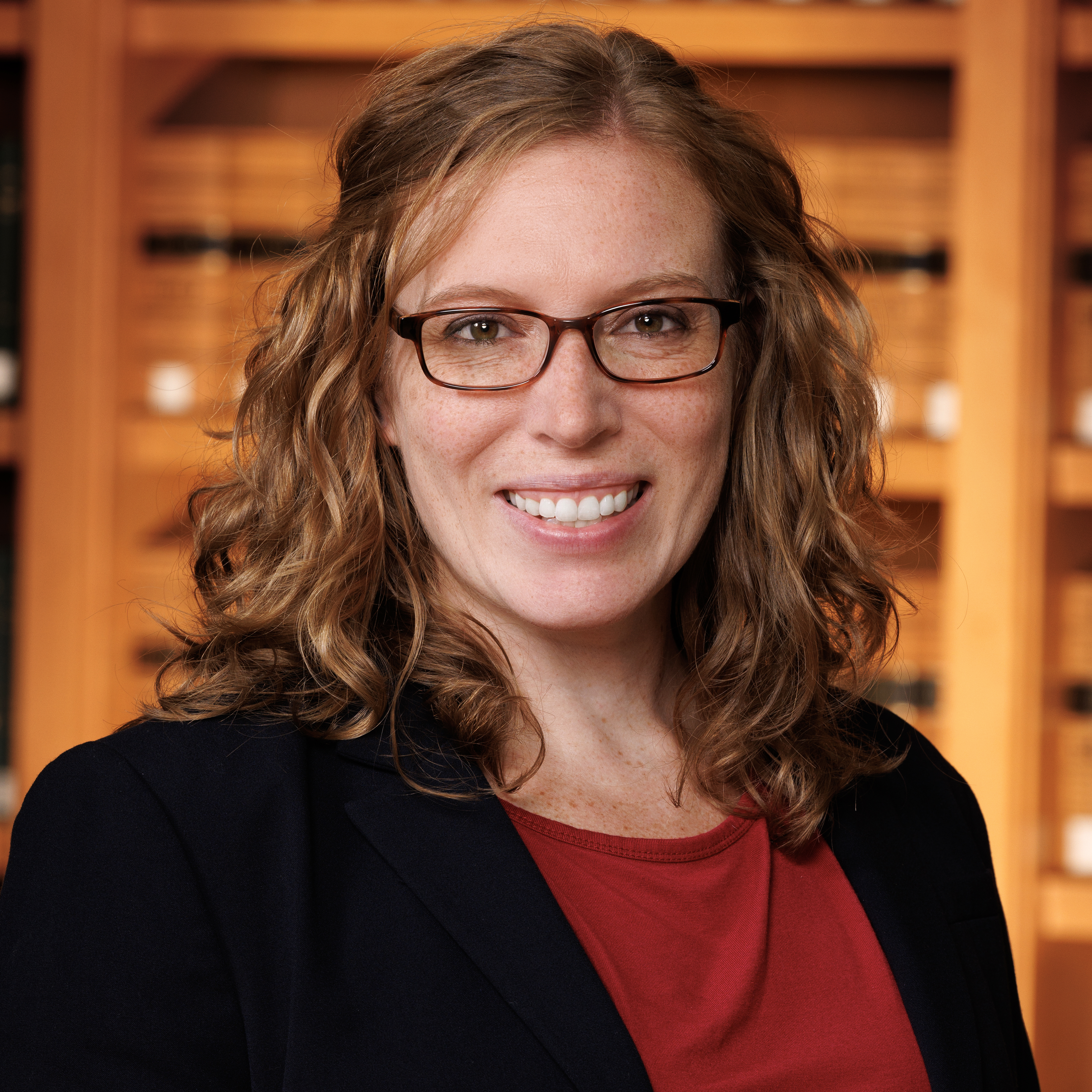
Lori Hoetger
Schmid Professor for Excellence in Service, Assistant Professor of Law
Professor Hoetger primarily researches how individuals make decisions regarding their legal rights, especially in the areas of criminal law and procedure. She is especially interested in applications of the Fourth Amendment, studying how expectations of privacy are evolving and how courts’ approaches to searches might need to change in response to new technological developments. Professor Hoetger uses her background in psychology to inform her research and utilizes empirical methods to help address the behavioral assumptions courts make.